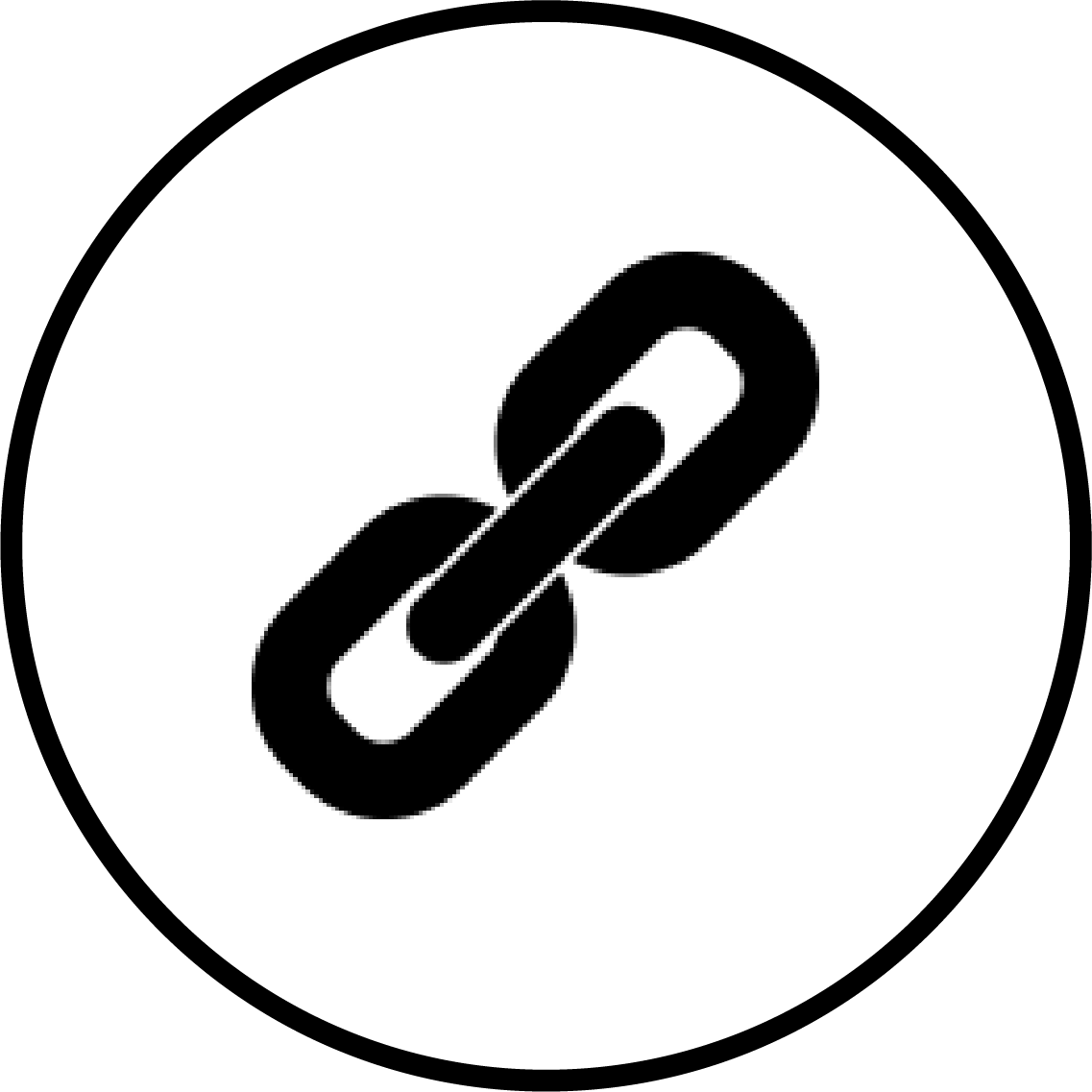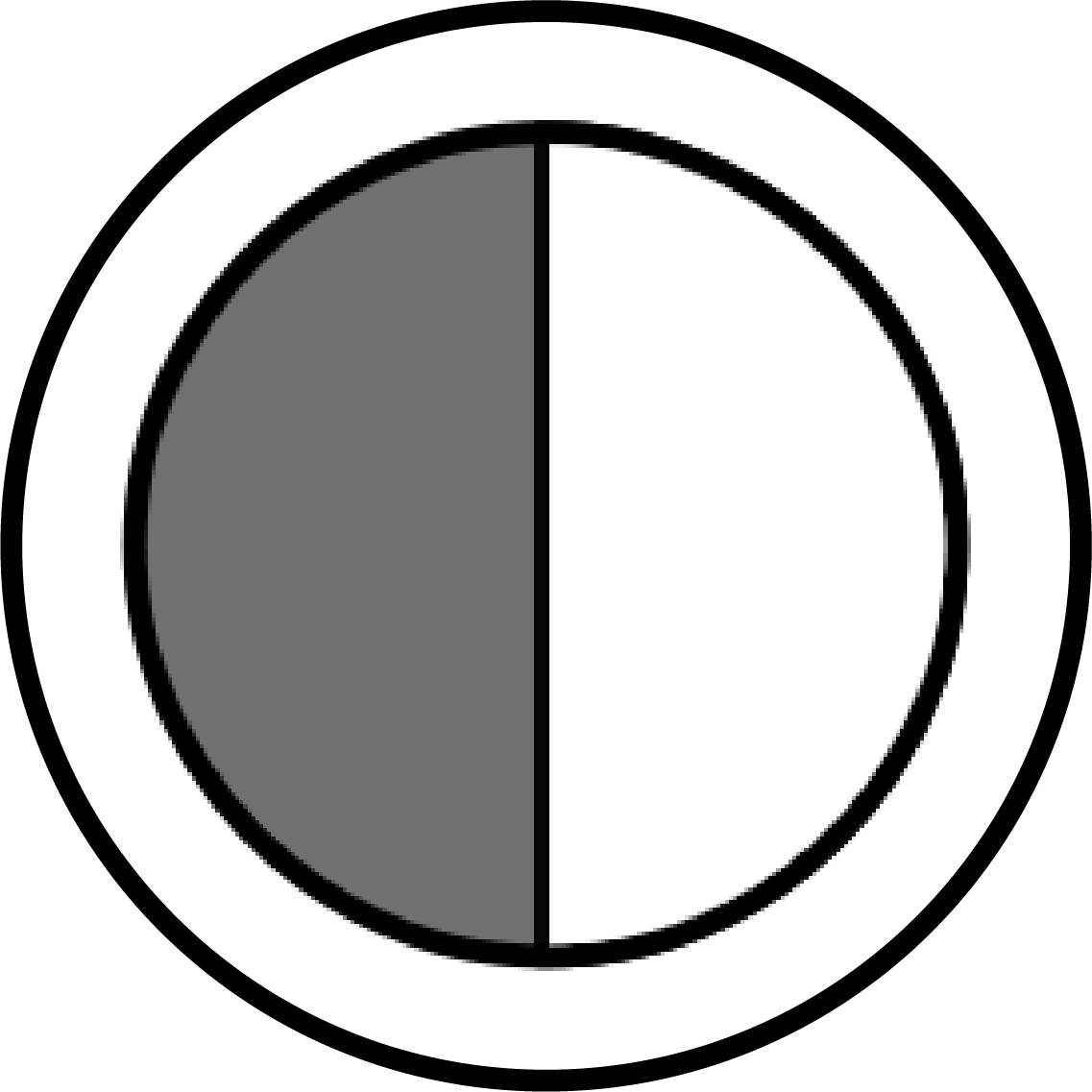
While the fog is still clearing about the future of the government of Israel, the Mossawa team hosted a post-election briefing. The September snap elections proved one thing decisively: Palestinian citizens of Israel refuse to be passive agents in the political process. The rehabilitated and emboldened Joint List saw a twelve-point increase in voter turnout among Palestinian citizens of Israel, and blocked Netanyahu’s path to government. Palestinian citizens of Israel shaped the election results and they have the capacity to shape the future political scene at large.
The event began with our parliamentary advocacy coordinator, Amir Toumie, who unpacked the election results. He focused on the increased voter turnout among Palestinian citizens of Israel – examining the re-unified and re-emboldened Joint List. Additionally, he examined the role of anti-Arab incitement, concluding that this did not only galvanize political participation for Palestinians, but failed to resonate with the Jewish population. “Incitement,” he told the meeting, “was not an effective strategy”.
The stage was then given to the researcher Dr. Fakhira Halloun who spoke about the unique role of Palestinian citizens of Israel, and their potential to advance and galvanize the peace process. She argued that their position allowed them to “understand the political psychology” of Palestinians living under occupation and the Jewish-Israeli society. They not only can act as a bridge between the two peoples, she asserted, but also as a bridge between the Jewish people in Israel and the Arab Middle East at large.
Finally, our director, Jafar Farah, looked at the possible scenarios for a future government. He emphasized the potential of Palestinian citizens of Israel in moving Israel-Palestine beyond the current quagmire. The community has not reached their full potential: in the Oslo years, voter turnout exceeded 75%, and a return to these levels of participation could bestow a significant advantage to any peace camp if there were to be another election. Farah then turned to the Jewish partner that this Palestinian resurgence deserves. The Jewish-Israeli population, he argued, has been preoccupied with identity voting for decades. In surveying the recent results, Farah identified how shifts in Russian and Mizrahi voting patterns could significantly reshape the political map.
This was followed by a Q&A session, where the panel addressed the role of Palestinian citizens of Israel in the Fatah-Hamas reconciliation process and the potential involvement of the Joint List in a Gantz-led government.
The event took place in Jaffa Journalists Association on 24 October, and was attended by representatives from the EU, France, Germany, UK, Spain, Italy, Netherlands, Austria, Denmark, Japan, as well as journalists and representatives from various foundations. The attendees were also joined by 422 viewers via our Facebook livestream, which can be revisited here:
https://www.facebook.com/MossawaCenter/videos/2436957819735595/
On the same day as the briefing, coalition negotiations got underway. Against this backdrop, the Arab community reiterates its key demands:
- An equitable budget
- Fair representation in public offices
- An end to the occupation
- A repeal of the Nation state law
- Cancellation of the discriminatory Kaminitz law on housing and planning
- Recognition for unrecognised villages in Negev
- Ramping up efforts to fight against crime in Arab communities
- A comprehensive strategy to tackle the 47% poverty rate among Arab citizens of Israel
- The return of Iqrit and Bireem

























